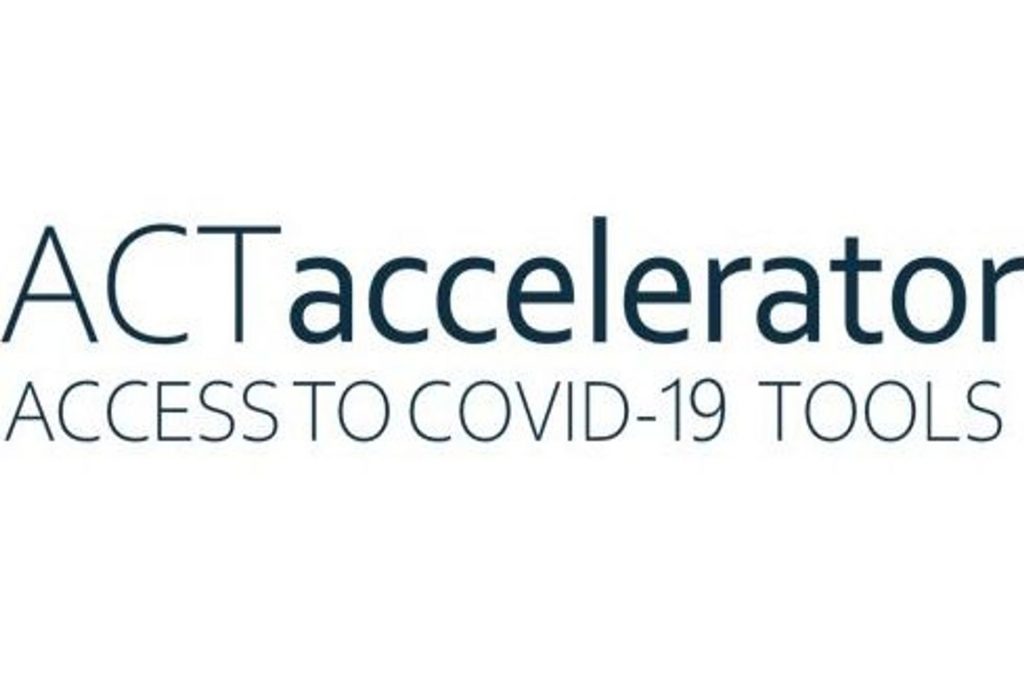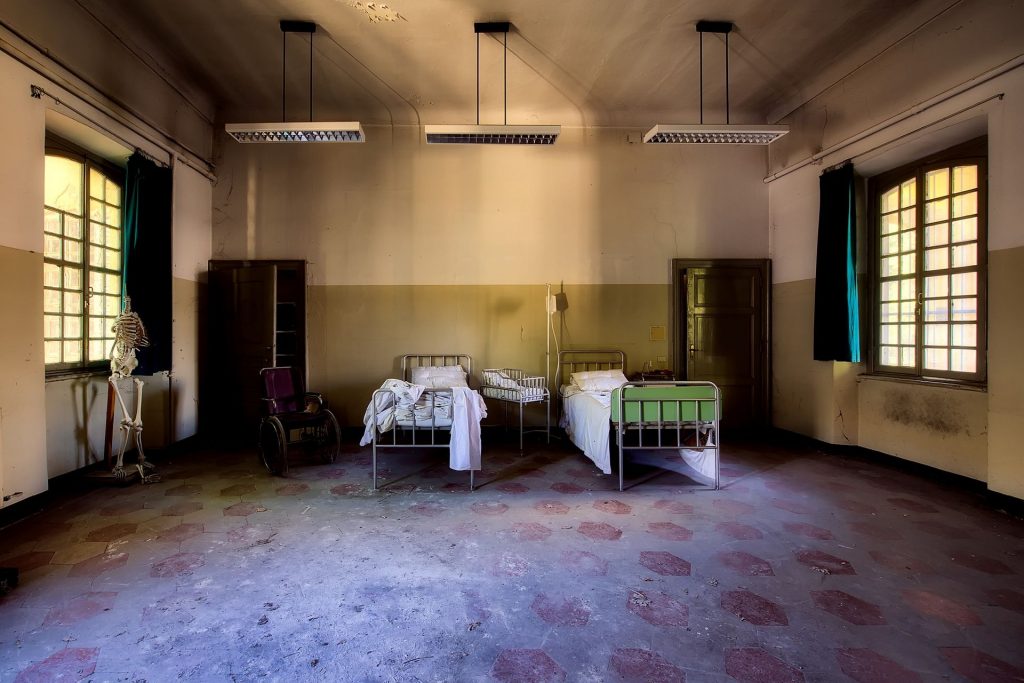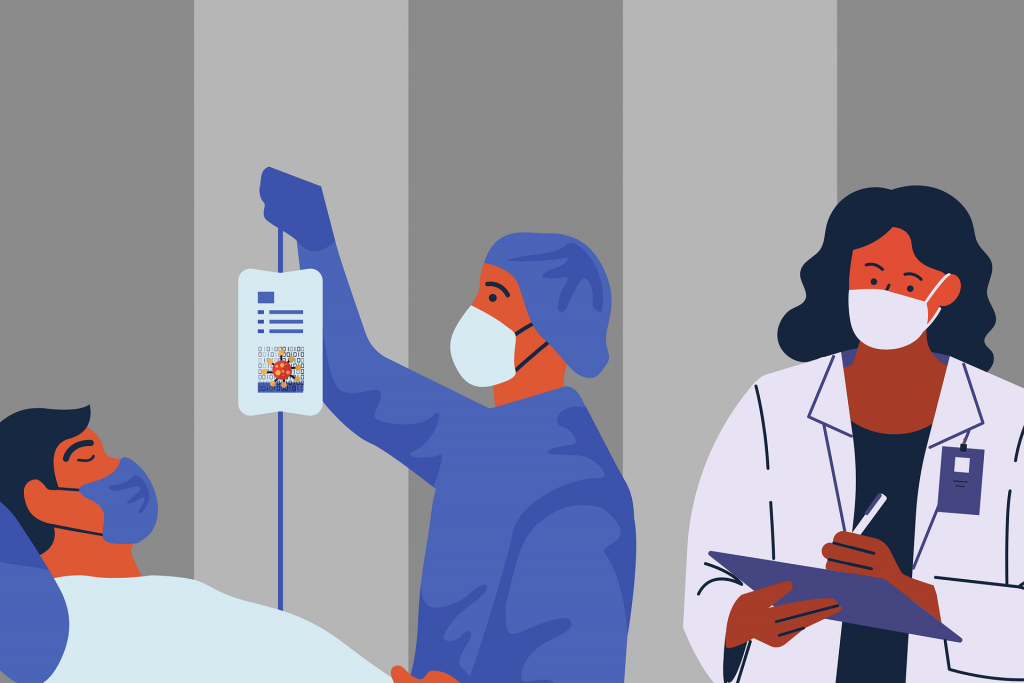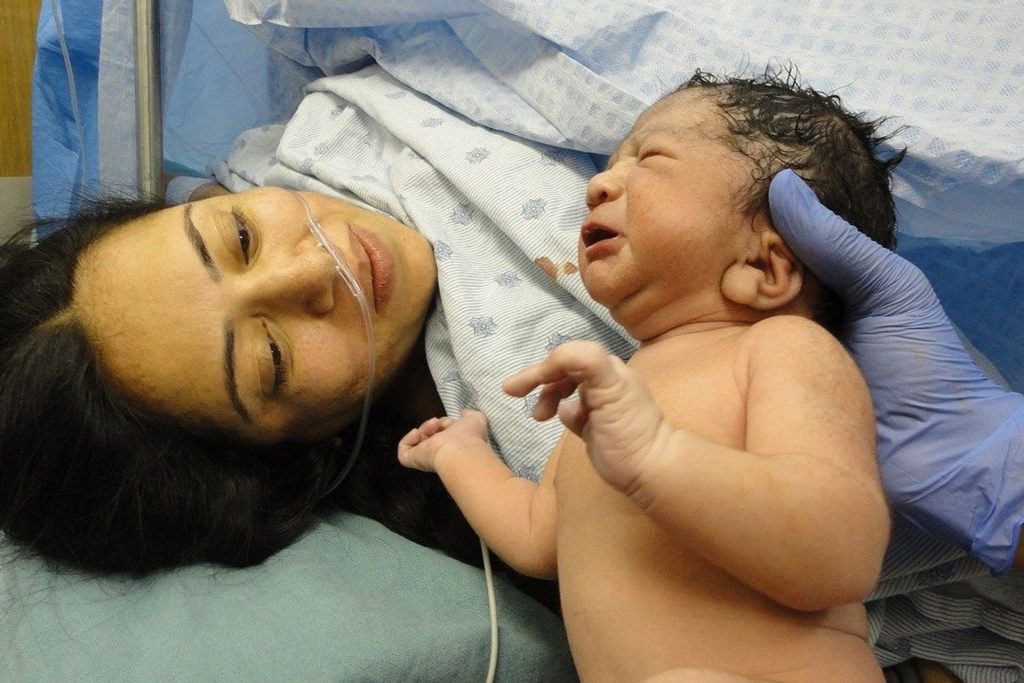Three hundred million francs for global health
Bern aims to improve access to vaccines, tests and medicines in developing countries and to strengthen local health systems in line with the EU and G20
In order to combat the COVID-19 pandemic in a sustained and sustainable manner, the Swiss Federal Council is committed to ensuring equitable access to vaccines, tests and medicines worldwide.
At its meeting on April 28, it therefore decided to support the Access to COVID-19 Tools Accelerator initiative with CHF 300 million.
The initiative aims to improve access to vaccines, tests and medicines in developing countries and to strengthen local health systems.
Switzerland certifies COVID19 as universal and non-falsifiable
COVID, Switzerland updates regulations on itinerant trade
COVID, financial markets and digital growth according to the SNB
The COVID-19 pandemic continues to have far-reaching health, economic and social repercussions worldwide.
Fighting the virus is a particularly daunting challenge for developing countries.
While significant progress has been made in the development of tests, treatments, and vaccines, unfortunately, broad and equitable access to these resources across the globe is not guaranteed.
New, highly contagious variants of the virus are of great concern and further complicate global efforts at diagnosis, treatment, and vaccination.

In Bern’s interest to control the pandemic
It is in Switzerland’s interest to control the pandemic quickly and efficiently.
However, true containment of the virus can only be achieved if its spread and its health and economic impact worldwide are reduced.
The Federal Council therefore intends to respond to an international appeal and support the initiative “Access to COVID-19 Tools Accelerator” (ACT-A) by allocating a sum of CHF 300 million to developing countries.
Parliament will discuss the corresponding additional credit during the summer session.

The goals of the ACT-A initiative are all worth supporting
ACT-A is an initiative launched last year by the G20 countries and the European Commission.
Its goal is to develop vaccines, drugs and tests and strengthen health systems around the world to effectively combat the new coronavirus.
ACT-A comprises various bodies active in the health sector, including the World Health Organization (WHO), the GAVI Alliance (the international alliance for vaccines and immunization), the United Nations Children’s Fund (UNICEF) and the World Bank.
Switzerland considers it important to coordinate with international partners and work together to ensure that the virus is contained worldwide.
For this reason, it has already supported ACT-A with CHF 75 million in 2020.

Dedicated use of funds allocated by the country
Of the 300 million francs planned, more than a third will go to GAVI, which is based in Geneva and whose aim is to facilitate access to vaccines in developing countries.
For example, GAVI buys anti-COVID-19 vaccines at low prices and distributes them to these states, which must draw up a vaccination and distribution plan in advance.
Another percentage of the allocated amount will be reserved for research, development, and improving access to tests and medicines.
Anti-COVID measures gone, Switzerland will start running
COVID19 & Switzerland: reopenings yes, but free tests for all
Switzerland steps in to help Indian hospitals
The remaining funds will be used to strengthen local health systems in developing countries.
Special attention will be paid to solving logistical problems in the distribution of medicines, test kits and vaccines so that people in crisis areas and particularly remote regions can also be reached and protected from the virus.







